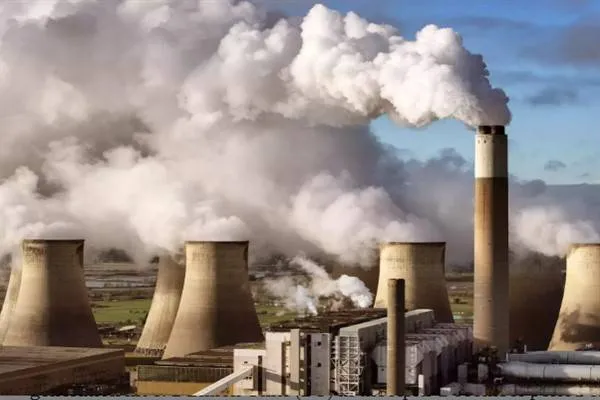Report: Fossil fuel projects threaten the health of 2 billion people
Stockholm, November 12 (Hibya) – According to a first-of-its-kind study, a quarter of the world’s population lives within 5 kilometers of active fossil fuel projects, posing a threat to the health of more than 2 billion people and to critical ecosystems.
A new and striking report by Amnesty International, shared exclusively with The Guardian, reveals that there are over 18,300 oil, gas, and coal sites spread across 170 countries worldwide, covering vast areas of the Earth’s surface.
Proximity to drilling wells, processing plants, pipelines, and other fossil fuel facilities increases the risk of cancer, respiratory and heart diseases, premature birth, and death, while also posing serious threats to water sources, air quality, and land integrity.
The report also notes that all operating U.S. liquefied natural gas terminals have exceeded pollution limits.
Approximately half a billion people – 463 million, including 124 million children – currently live within one kilometer of fossil fuel sites. Around 3,500 new sites are being proposed or developed, potentially exposing an additional 135 million people to smoke, fire, and leaks.
The report details the devastating health impacts of oil extraction, processing, and transport, and shows how spills, flares, and construction destroy irreplaceable natural ecosystems and undermine the human rights of those living near oil, gas, and coal infrastructure.
The report was released as world leaders (excluding the United States – the largest historical emitter of greenhouse gases) gather in Belém, Brazil, for the 30th annual climate negotiations, amid growing frustration over the lack of progress in phasing out fossil fuels that drive planetary collapse and human rights violations.
Europe Asia News
















